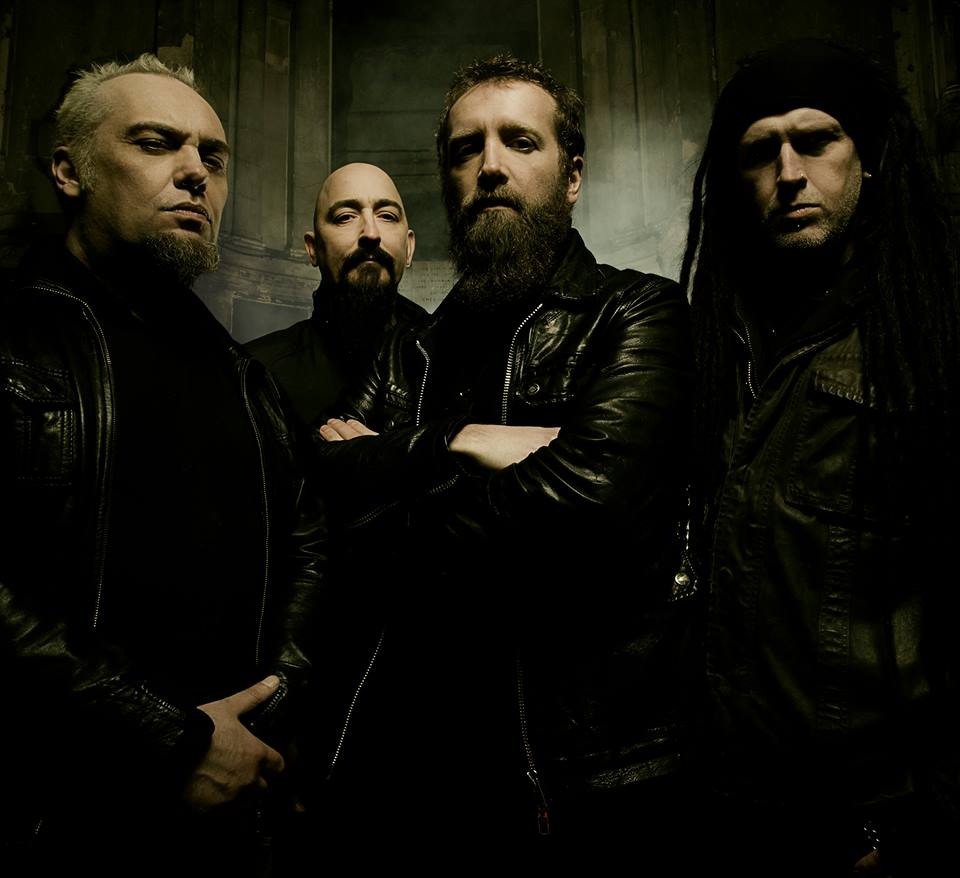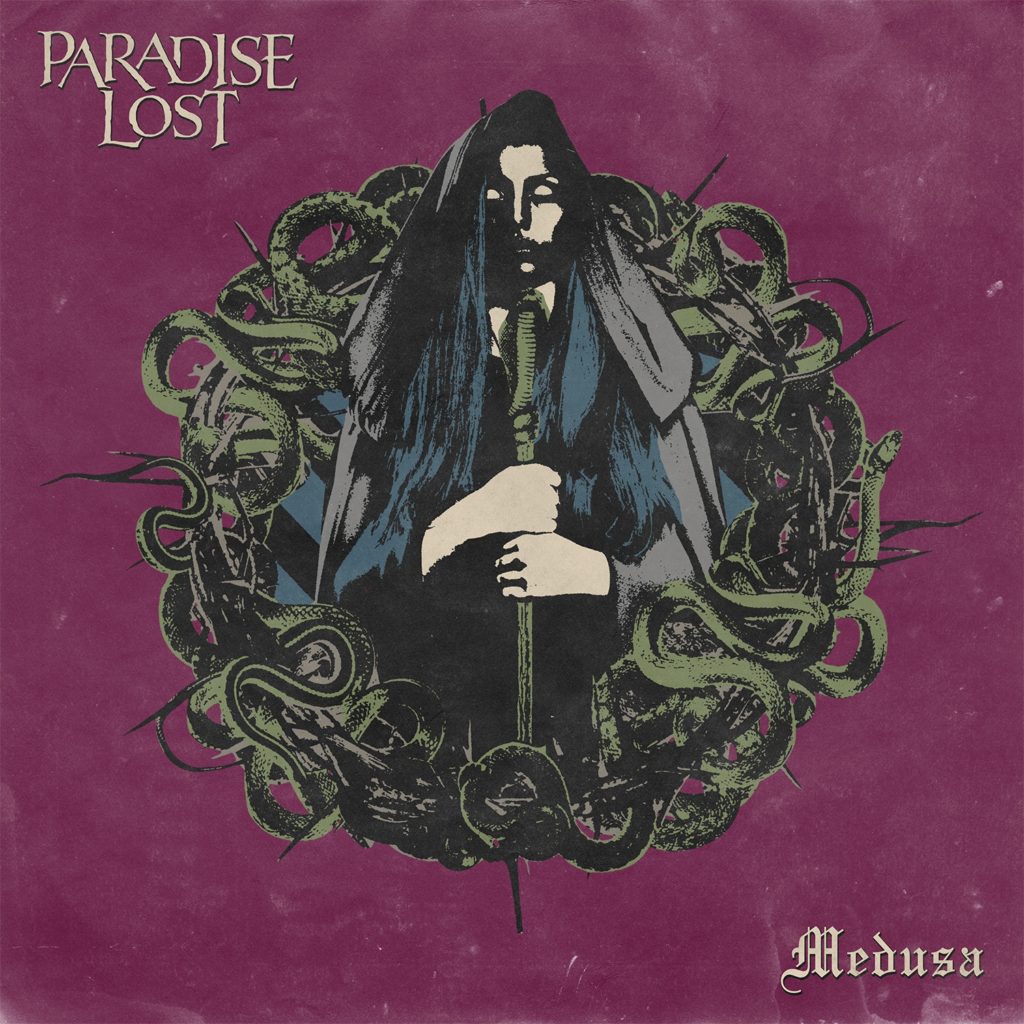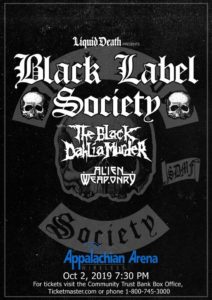Paradise Lost are an eclectic bunch. Sure, the metal outfit originating from West Yorkshire, UK has consistently released melancholic and depressive doom metal with a bleak nihilistic worldview that allows the listener to ponder the fruitlessness of their own existence (It’s wonderful!), but Paradise Lost have never been afraid to fuse disparate subgenres such as death metal, goth, symphonic black metal, and even electronic dark pop with their Black Sabbath inspired sound.
Indeed, Paradise Lost’s sonic flexibility has ensured every album in their discography sounds fresh and is easy to differentiate from one another, and this was definitely the case with their previous album ‘The Plague Within’ which was a critically acclaimed beast of an LP that ended up being my favorite album of 2015.
However, despite the rave reviews, Paradise Lost only basked in the praise for a limited amount of time before they embarked on the unenviable task of crafting a dynamic and worthy follow-up. Consisting of vocalist Nick Holmes, guitarists Greg Mackintosh and Aaron Aedy, bassist Steve Edmondsen, and new drummer Finn Walttery Vayrynen, Paradise Lost have created a more than worthy successor in their 15th album ‘Medusa’ which is an LP where the band has decided to strip the symphonic black metal elements that were present in ‘The Plague Within’ in favor of focusing on the doom and sludge sound that made the band so successful in the first place, and with the aid of producer Jaime Gomez Arellano, ‘Medusa’ is a great album with crushing riffs that wallop the listener akin to a strike from a ten ton hammer.
We hear Paradise Lost’s re-emphasis on doom metal on the opening track Fearless Sky. The slow but methodical guitar work by Mackintosh and Aidey gives the track a funeral procession vibe that’s kept in pace by Vayrynen’s steady yet precise work behind the drumkit. However, “Fearless Sky’ eventually picks up in speed and the musical onslaught Paradise Lost unleashes, where Edmondsen’s brooding bass and the synchronous guitar work amplify both Holmes’s growls and despondently clean sung lyrics detailing the inevitability of societal decay, is wondrous to behold.
The Longest Winter further highlights Paradise Lost’s obsession with the themes of doom and gloom. Holmes’s emotionless clean singing carries this song, and I say “emotionless” as a positive: for a band that specializes in hopelessness, despair, and the pointlessness of life, Holmes does an impeccable job enforcing The Longest Winter’s themes by making his voice devoid of spirit to the point that it feels as if he were singing humanity’s eulogy.
However, the title track Medusa is the song that embodies the (di)spirit of Paradise Lost and this album as a whole. The gothic piano play and wailing guitar tone in ‘Medusa’ evokes the raw and personal emotion of being frozen in grief over losing a loved one to the clutches of death, and the excellent guitar work extends beyond the constraints of the physical (i.e. the music itself) and personifies a cry of despair perfectly complementing the melancholia present throughout the whole album.
By the album’s conclusion, it becomes clear Paradise Lost have successfully achieved their goal of creating a visceral and personal experience that effectively toys with the listener’s emotions, and while ‘Medusa’ thematically denies the existence of god and heaven, it most certainly affirms that Paradise Lost is one of the best doom metal bands in the industry today.
Paradise Won.










